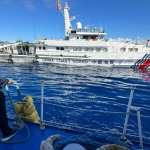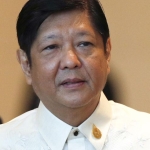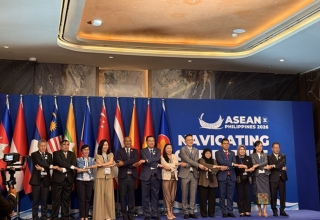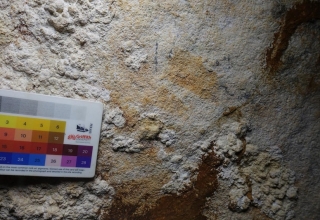
The Philippines has been pursuing bilateral agreements with other claimants in the South China Sea, such as Vietnam, Malaysia, and Indonesia, in an attempt to counter China’s growing assertiveness and influence in the disputed waters.
However, a regional security analyst argues that this strategy is ineffective and counterproductive, and that the Philippines should instead focus on multilateral cooperation and dialogue.
In an opinion piece published by the South China Morning Post, Richard Javad Heydarian, a professor at De La Salle University in Manila, says that the Philippines’ bilateral deals are based on the assumption that China is a revisionist power that seeks to dominate the South China Sea and undermine the existing rules-based order. He says that this assumption is flawed and ignores the complexity and diversity of China’s interests and behavior in the region.
Heydarian says that China is not a monolithic actor, but a “complex adaptive system” that responds to various internal and external factors and stimuli. He says that China’s actions in the South China Sea are not driven by a grand strategy or a coherent doctrine, but by a mix of nationalism, pragmatism, opportunism, and insecurity. He says that China’s behavior is also influenced by the actions and reactions of other actors, such as the US, ASEAN, and the Philippines.
Heydarian says that the Philippines’ bilateral deals with other claimants are unlikely to deter or constrain China, but may instead provoke and embolden it. He says that these deals may be seen by China as a form of containment or encirclement, and may trigger a security dilemma or a spiral of escalation. He says that these deals may also undermine the unity and solidarity of ASEAN, which is the main platform for dialogue and cooperation with China.
Keep Reading
Heydarian says that the Philippines should adopt a more nuanced and balanced approach to the South China Sea issue, and avoid falling into a binary or zero-sum logic. He says that the Philippines should recognize the legitimacy and validity of China’s interests and concerns, and seek to engage and accommodate them, rather than confront and challenge them. He says that the Philippines should also explore areas of common interest and cooperation with China, such as joint development, environmental protection, and maritime security.
Heydarian says that the Philippines should also strengthen its multilateral ties and leverage its role as a middle power and a bridge-builder in the region. He says that the Philippines should work with ASEAN and China to expedite the negotiations on the Code of Conduct for the South China Sea, and to implement confidence-building measures and crisis management mechanisms.
He says that the Philippines should also support the involvement of other stakeholders, such as the US, Japan, Australia, and India, in the South China Sea issue, and promote a more inclusive and constructive regional architecture.
Heydarian concludes by saying that the Philippines’ bilateral deals with other claimants are a “dead end” and a “strategic blunder” that will only worsen the situation in the South China Sea. He says that the Philippines should adopt a more “smart” and “sophisticated” strategy that can address the complexity and dynamism of the South China Sea issue, and that can advance the Philippines’ national interests and regional peace.

























